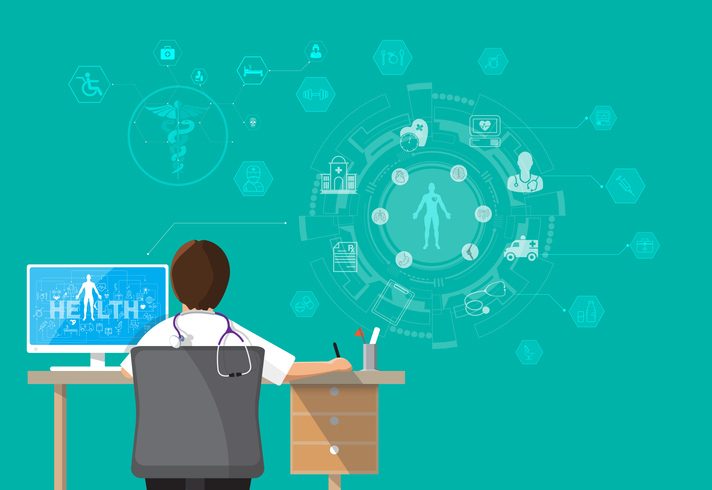
Hypertension is one of the most common chronic conditions in the U.S., affecting nearly half of the country’s adults, according to the Centers for Disease Control and Prevention. Unfortunately, standard hypertension treatment usually involves the testing of several different medications and lifestyle adjustments until a patient can see their blood pressure improve.
Digital primary care company K Health teamed up with Mayo Clinic to address this problem. On Thursday, the New York-based startup announced it has built an algorithm that helps physicians deliver personalized hypertension treatment using medical data and real-time insights from Mayo Clinic Platform_Discover, a collection of de-identified datasets from 10 million patients. The datasets include nearly 1.2 billion lab test results, 3 million echocardiograms and more than 640 million clinical notes.
K Health was founded in 2016 as a digital platform using AI to help people understand how those with similar symptoms and conditions were diagnosed and treated. The company also seeks to increase Americans’ access to primary care by offering telehealth appointments for urgent and chronic care conditions, as well as providing an option for patients without insurance to chat with a clinician for less than a copay.
Its name comes from the silent letter in “knowledge,” because K Health seeks to “bring health knowledge to everyone, everywhere,” said Ran Shaul, the company’s co-founder and chief product officer.
When K Health built its hypertension treatment tool, it used data points such as demographics, medical history, lab results, prescriptions and outcomes to train and refine its algorithm. The tool aims to give clinicians a more targeted, personalized approach when treating hypertension.
The algorithm is meant to treat patients who are newly diagnosed with hypertension, as well as those who are having trouble finding an effective treatment for their hypertension. The tool predicts the medications and lifestyle changes that will best serve each particular patient.

A Deep-dive Into Specialty Pharma
A specialty drug is a class of prescription medications used to treat complex, chronic or rare medical conditions. Although this classification was originally intended to define the treatment of rare, also termed “orphan” diseases, affecting fewer than 200,000 people in the US, more recently, specialty drugs have emerged as the cornerstone of treatment for chronic and complex diseases such as cancer, autoimmune conditions, diabetes, hepatitis C, and HIV/AIDS.
“Our model learns from a very diverse population,” Shaul said. “In the training process, it is designed to optimize treatment for individuals. For us, equality is not ‘everyone gets the same treatment,’ but rather ‘every individual gets the treatment that’s best for them.’”
Shaul does not think biases that distort population distribution in terms of gender and race will affect the algorithm because it determines its treatment recommendations for patients on such an individualized level.
The algorithm will be available to K Health’s network of more than 300 clinicians, who will use it to treat patients that seek care through the platform. The company currently has more than six million users, and its platform is also offered to millions of members through Anthem. K Health has an enterprise solution as well, named Hydrogen Health, which makes the platform available via employers and insurers.
The goal of K Health’s partnership with Mayo Clinic Platform_Discover is to improve outcomes for patients struggling to manage their hypertension, Shaul said. K Health plans to measure this by comparing the outcomes achieved by clinicians using the algorithm to a control group of clinicians who are not using the model.
The company will examine metrics such as patients’ blood pressure over time, their satisfaction, the level of adoption by clinicians practicing on K Health’s platform and the frequency and lengths of visits.
Photo: chanut iamnoy, Getty Images













